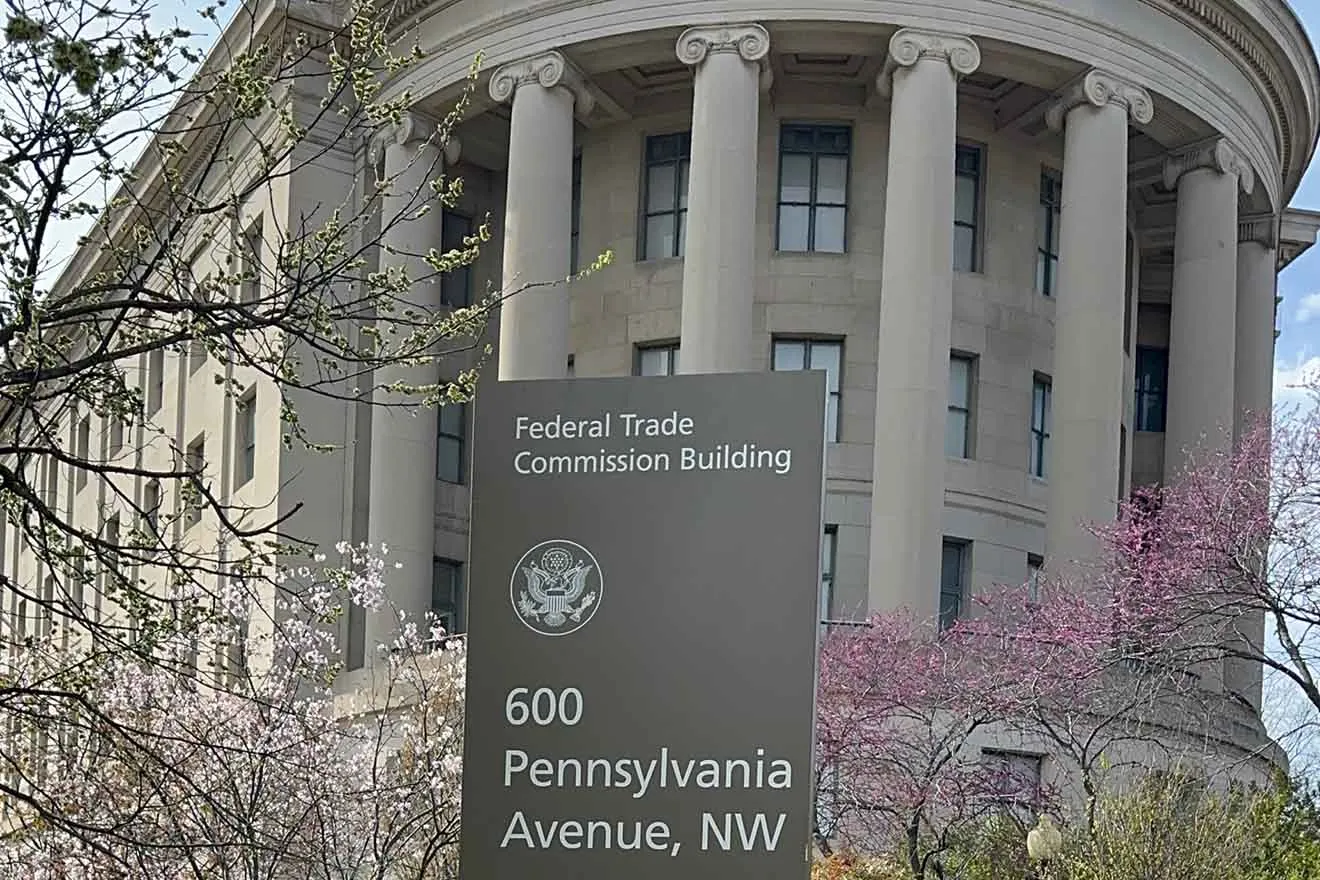
Amtrak has big increase in ridership but still not back to pre-pandemic levels
(The Center Square) - Amtrak saw a big increase in ridership in fiscal year 2022 but is still at 72 percent of its peak pre-pandemic levels, according to data the transit company released.
The National Railroad Passenger Corporation – Amtrak's official name – is still not close to full recovery in ticket sales and food and beverage revenue.
Amtrak released fiscal year 2022 data that shows it is slowly recovering from the pandemic that severely impacted all forms of transit in the U.S.
Ridership reached 32.5 million people in fiscal year 2019. Once the pandemic hit in 2020, ridership dropped to 16.8 million and then dropped again in 2021 to 12.2 million. In 2022, Amtrak saw its ridership jump to 22.9 million, an 88 percent increase.
Amtrak saw big increases in ticket and food and beverage revenue in 2022 as compared to 2021. But it still isn't close to pre-pandemic levels.
In 2019 before the pandemic, Amtrak collected $2.3 billion in ticket revenue and another $143.9 million in food and beverage money. Ticket revenue dropped to $872.7 million in 2021 and grew to $1.8 billion in 2022. Food and beverage revenue also grew to 44 million, far more than the $23 million collected in 2021.
Taxpayers across the country subsidize Amtrak as ticket and food revenue don't cover its overall operating costs, even before the pandemic.
Amtrak's total revenues were $2.99 billion in 2022, which is less than the $3.5 billion in total revenue in 2019 before the pandemic.
Amtrak received a combined $3.7 billion in federal COVID relief money in 2020 and 2021. Amtrak states that it has a history of operating losses and "is dependent upon substantial Federal Government subsidies to sustain its operations ..."

















